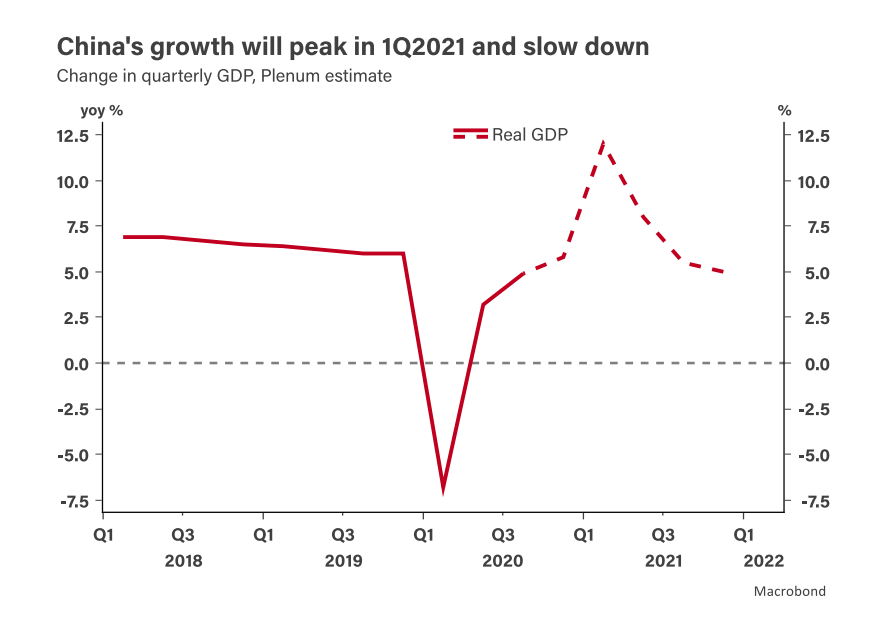
For Q3, we think that the recovery momentum will still carry on for a few more months.

For Q3, we think that the recovery momentum will still carry on for a few more months.
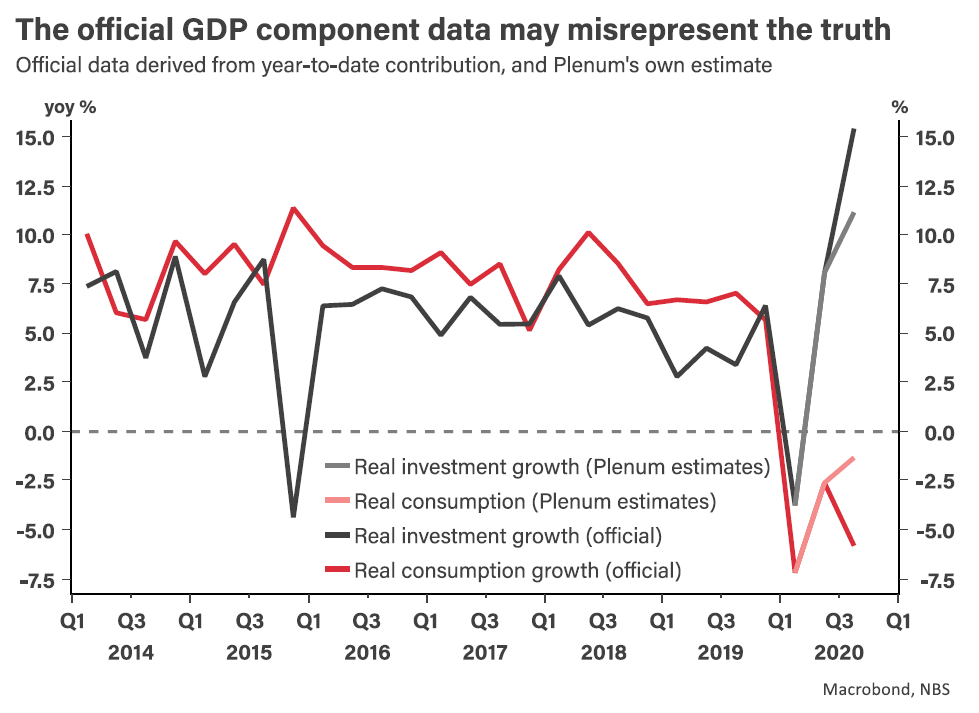
Both production and consumption are continuing to recover, and cyclical momentum will last into Q1 2021.
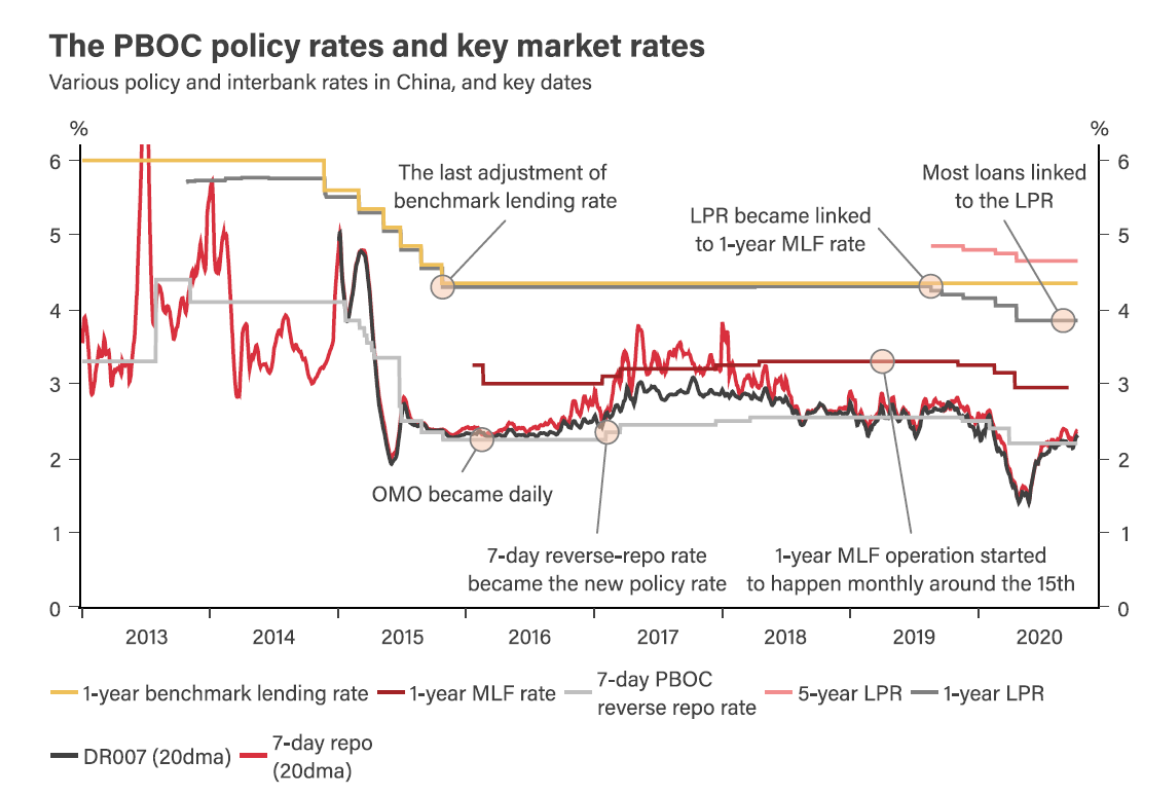
PBOC effectively took the authority to set policy rates back from the State Council.
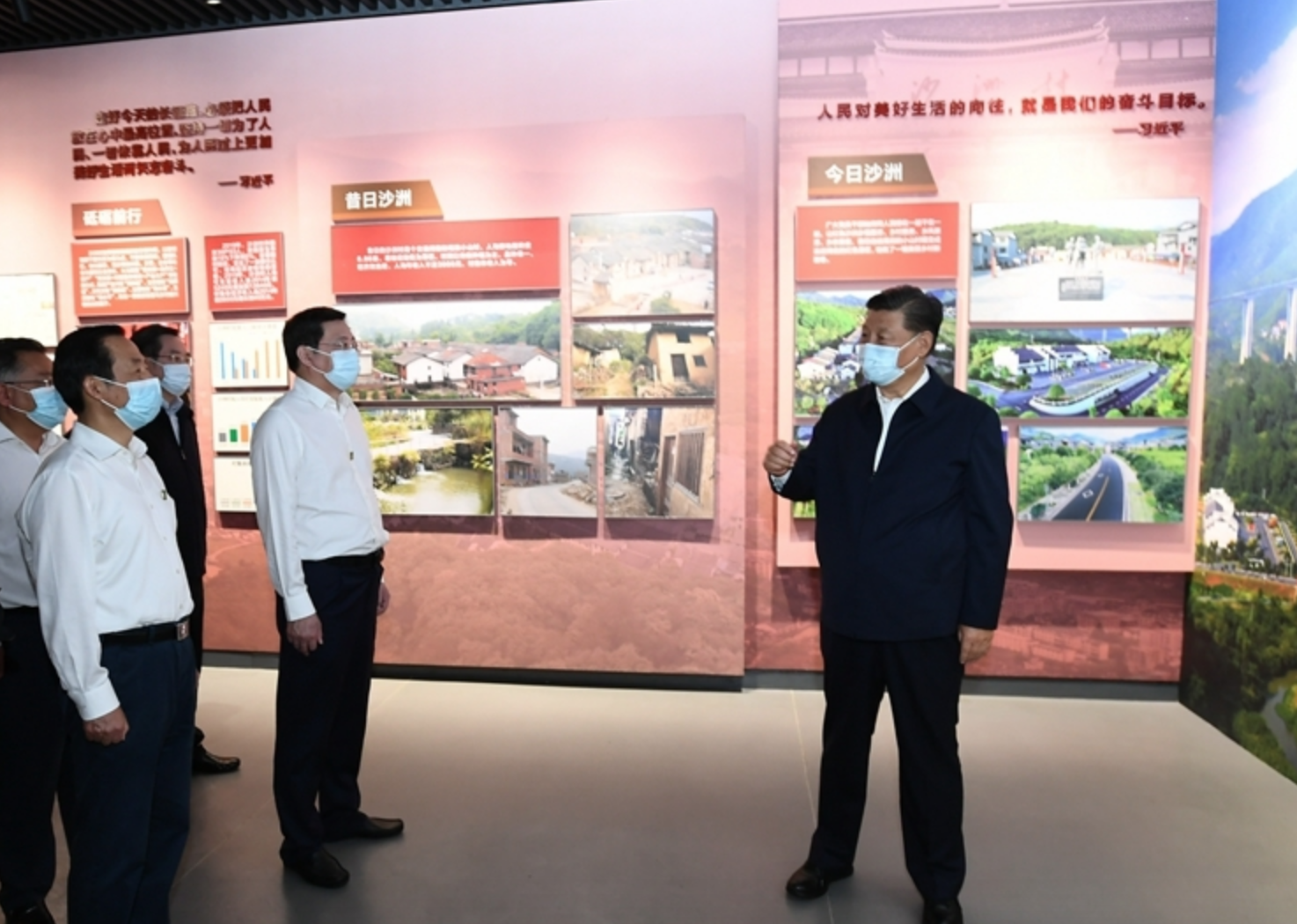
The Plan will double down on industrial policy and indigenous development of key strategic sectors.

Recent Chinese military drills have led many to worry that an armed conflict in the Taiwan Strait may be looming
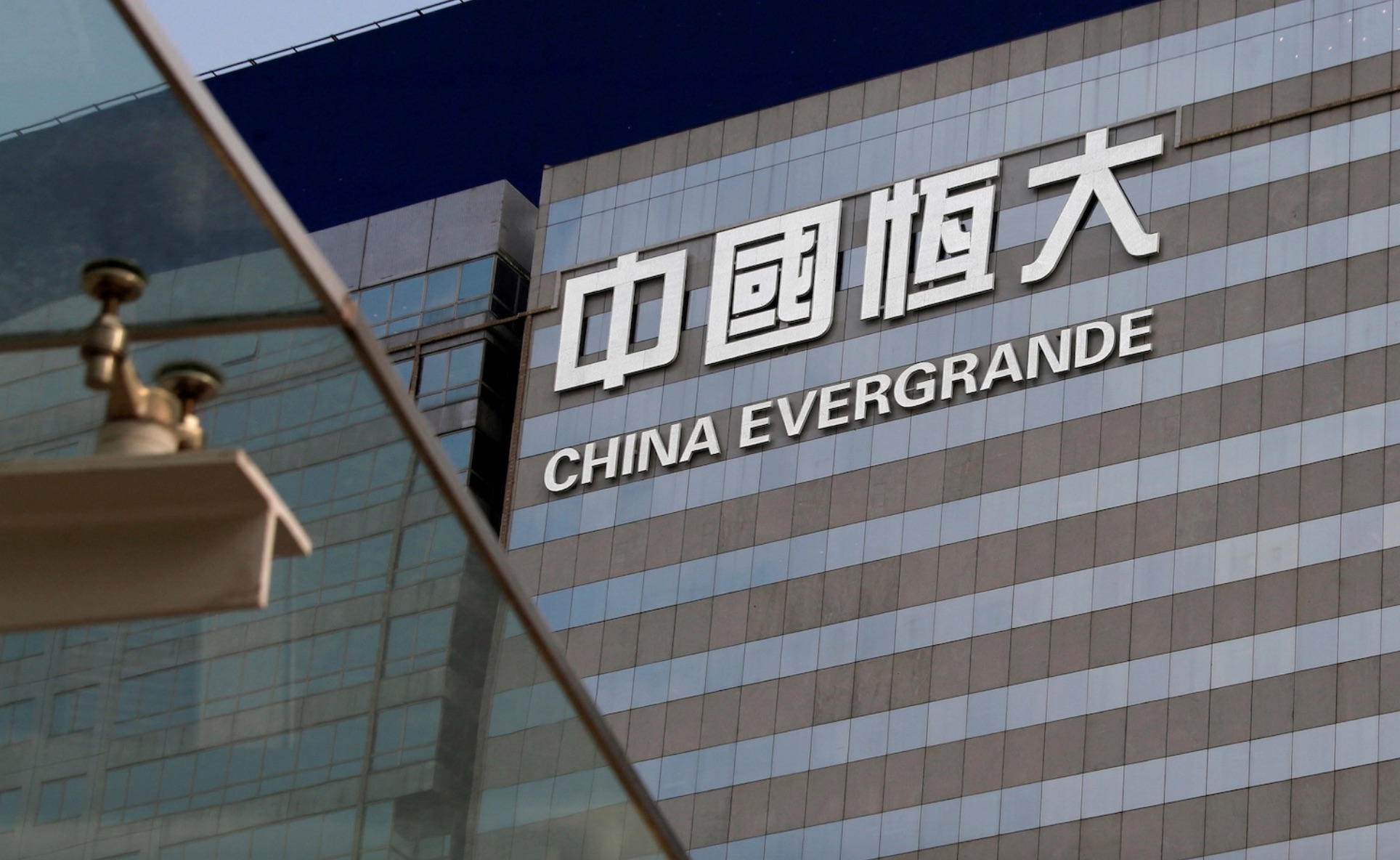
Guangzhou Evergrande Property is again under the spotlight as its bonds and stocks suffered a massive sell-off.
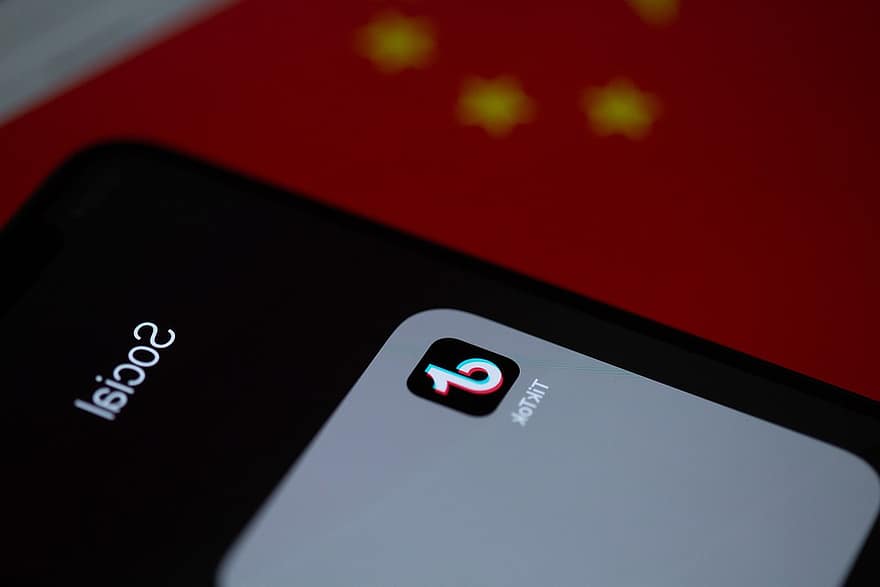
Washington’s crackdown on Chinese technology companies continues to unfold this week.